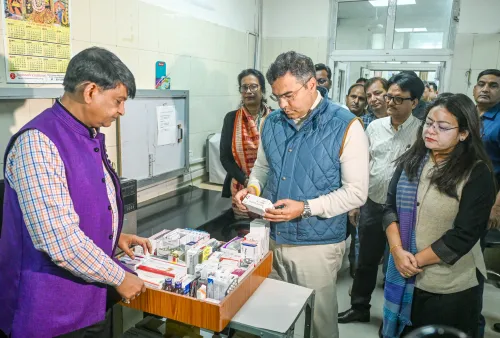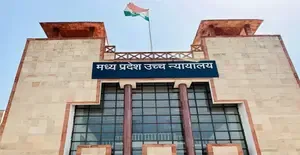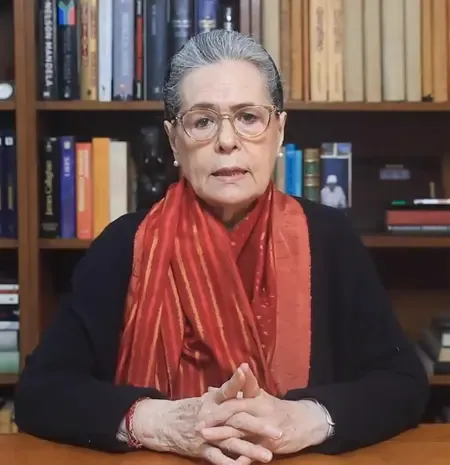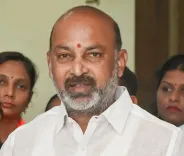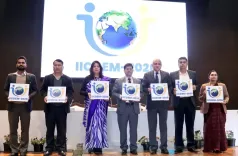Is There a Ban on Public Criticism of Government Policies at Thiruvananthapuram Medical College?

Synopsis
Key Takeaways
- The Principal issued a directive prohibiting public statements.
- Concerns must be communicated through official channels.
- Disciplinary actions are on the table for violations.
- This move follows criticism of government healthcare policies.
- The balance between discipline and free expression is debated.
Thiruvananthapuram, Aug 19 (NationPress) The Principal of Thiruvananthapuram Medical College, Dr P.K. Jabbar, has delivered a firm order that prohibits heads of departments and senior faculty from making public comments without receiving prior consent.
This directive was officially communicated during a gathering of department heads, triggered by recent controversies arising from remarks made by two senior doctors, Dr Mohandas and Dr Harris Chirakkal.
According to the directive, any issues, concerns, or criticisms should be directed through official channels to the higher authorities within the medical education department.
The Principal emphasized that any direct or open comments made in the media, on social media platforms, or in public forums could lead to disciplinary measures in the future.
This action follows strong remarks made by former Head of the Nephrology Department, Dr Mohandas, who had recently criticized the government regarding the stagnation of the state's organ transplantation program.
He highlighted the fact that there has been “no progress” in cadaver organ transplantation since 2017.
His critique was paired with a social media post featuring images of two deceased former department heads, which gained significant attention.
Though Dr Mohandas later removed the post, it resulted in a memo being issued to him.
In a similar vein, Dr Harris Chirakkal openly expressed that he had consistently raised concerns with the authorities through official channels, but due to the lack of response, he felt compelled to voice his opinions publicly.
His remarks intensified the discourse surrounding transparency and accountability within the medical education system.
Against this backdrop, the Medical College Principal has now cautioned all department heads against engaging in similar actions.
The message was explicit: while internal complaints and suggestions are encouraged, public criticism of government policies or institutional issues will not be accepted.
This directive is perceived as an effort to uphold discipline within the esteemed institution, yet it has ignited conversations among the medical community regarding whether restricting public expression could hinder genuine concerns about healthcare policies and patient welfare.


